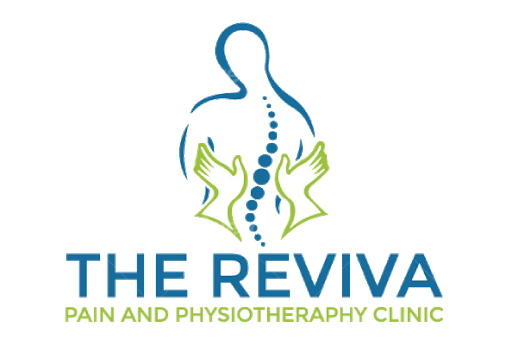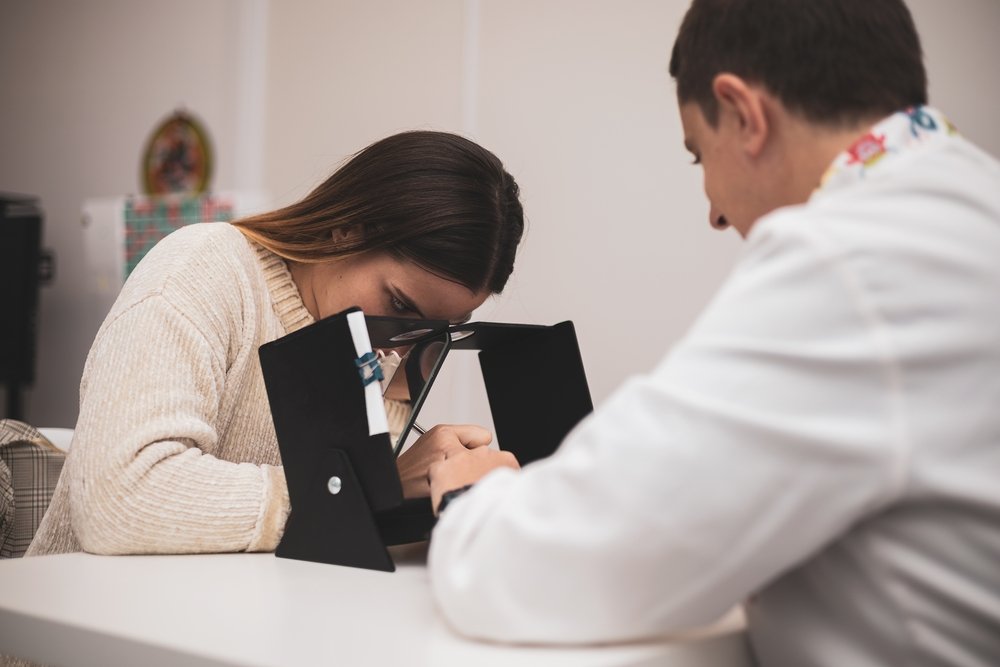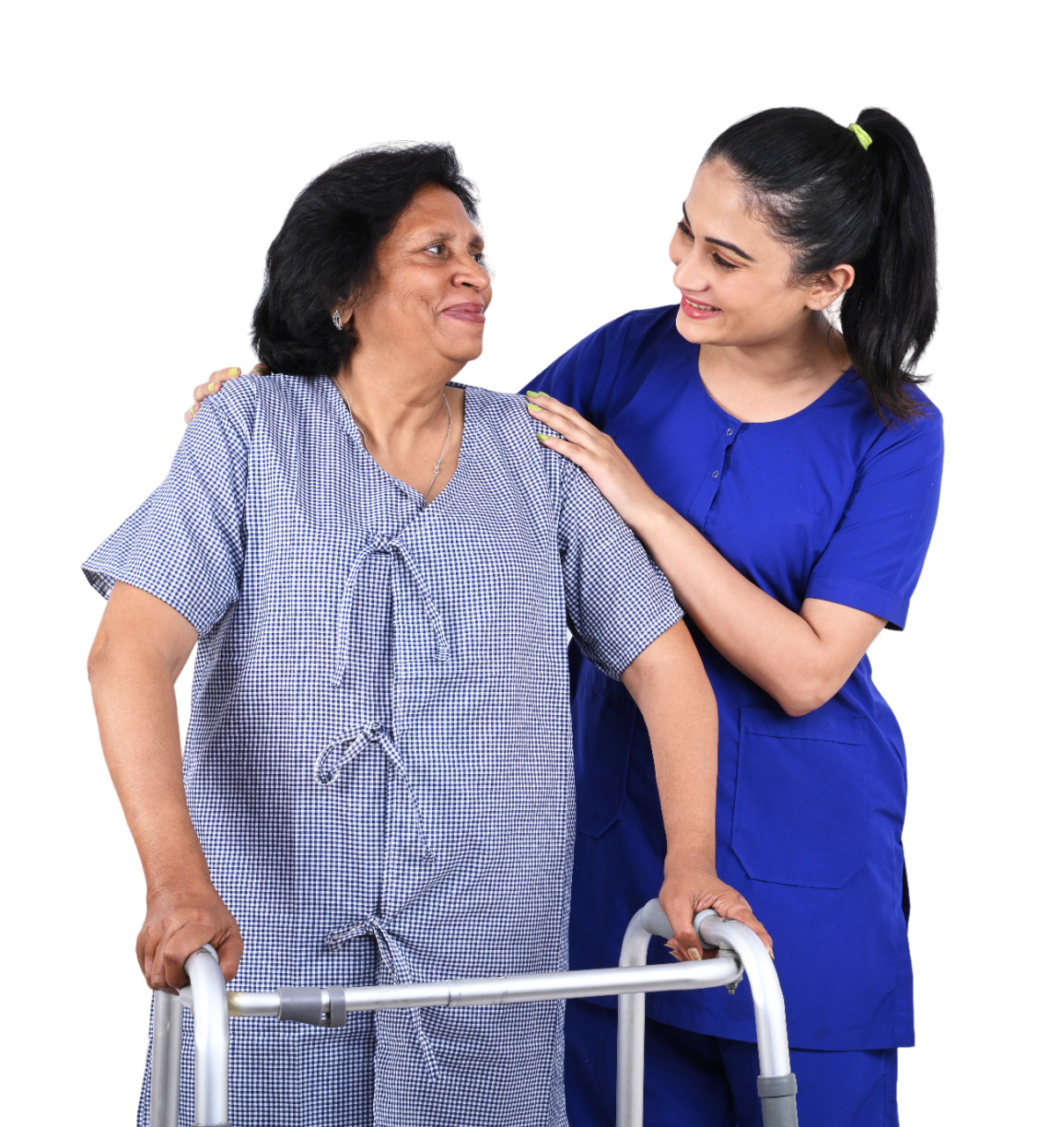Vision therapy teaches children how the brain controls their eyes, how to develop their visual skills, and how to use these new skills to better reading, learning, concentration, and attention.
Vision therapy is a fully individualised and personalised treatment programme that aims to develop and strengthen visual skills while also retraining the child’s visual system to process visual input more accurately and easily.
Vision therapy is more than just doing eye exercises; it improves brain-eye communication and the visual system’s effectiveness.
Vision therapy can help with a variety of issues, including:
- Eye alignment and coordination issues caused by a (including turned eyes or squints)
- mblyopia (lazy eye)
- Inadequate eye-hand synchronisation
- due to poor attention.
What are the benefits of vision therapy?
While the majority of people have refractive defects (such as short-sightedness, long-sightedness, astigmatism, and presbyopia), vision treatment can help some people.
Vision therapy is helpful in children and young adults, however it is offered to people of all ages.
How does vision therapy work?
Vision therapy consists of individualised exercises that use lenses, prisms, filters, occluders, and other devices to improve visual abilities and process information from the visual system more efficiently.
Children and teenagers’ vision therapy
Children may have trouble coordinating their eyes, which is a frequent condition. Both eyes must be oriented appropriately and focused at the correct distance to see something clearly.
A range of symptoms can result from issues with targeting or focusing the eyes, including:
- intermittent double vision
- blurred vision
- headaches
- eyestrain.
Children with these issues may not complain about them; instead, they may avoid difficult or unpleasant tasks (such as reading).
Eye care suggestions
- In addition to eye exercise, there are numerous more things you can do to maintain your eyes healthy.
- Every few years, get a comprehensive dilated eye exam. Even if you haven’t observed any issues, get an exam. Many people are unaware that corrective lenses could help them see better. Furthermore, many major eye illnesses have no symptoms.
- Learn about your ancestors. Many eye illnesses have a hereditary component.
- Understand your risk. If you have diabetes or a family history of eye illness, you should see your eye doctor every six months to a year.
- Sunglasses are recommended. Polarized sunglasses block both UVA and UVB radiation, protecting your eyes from harmful UV rays.



